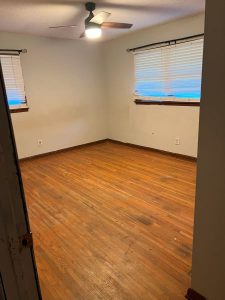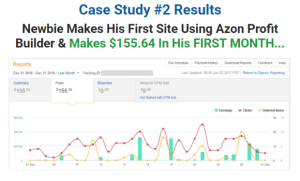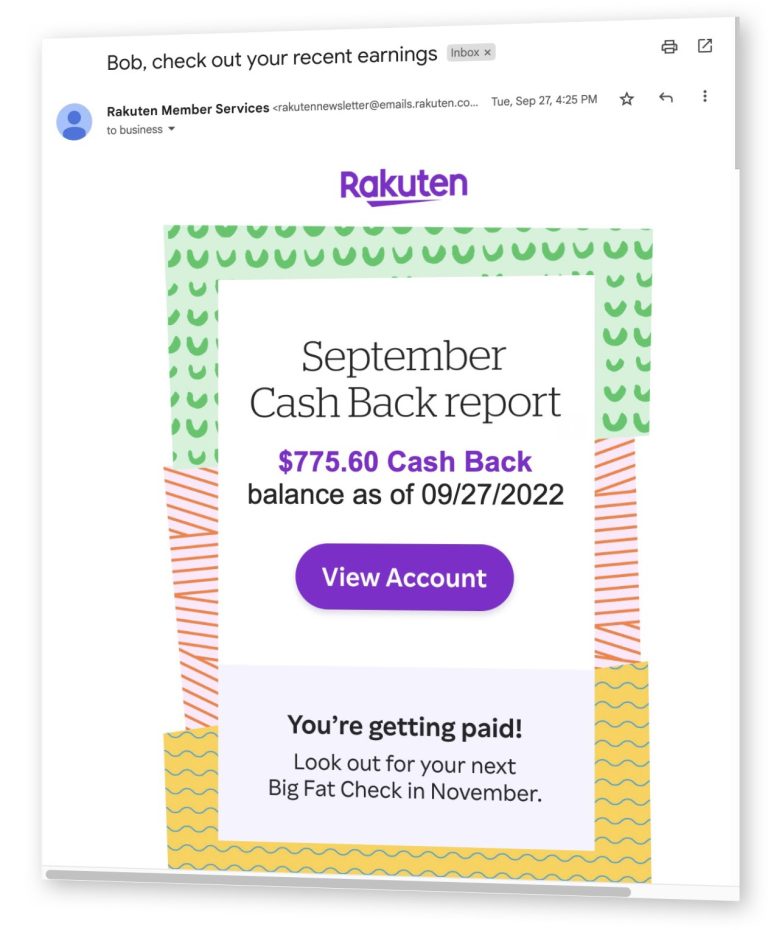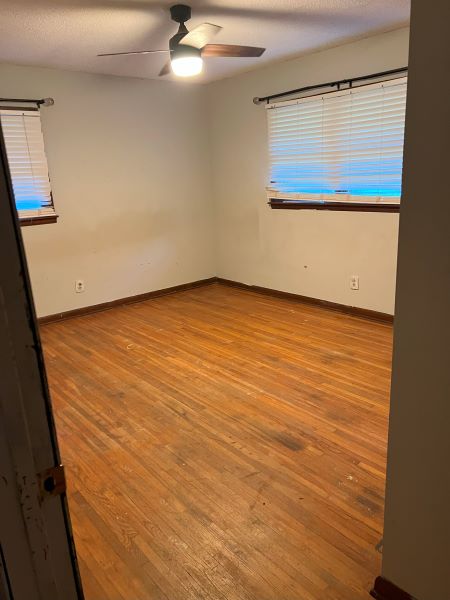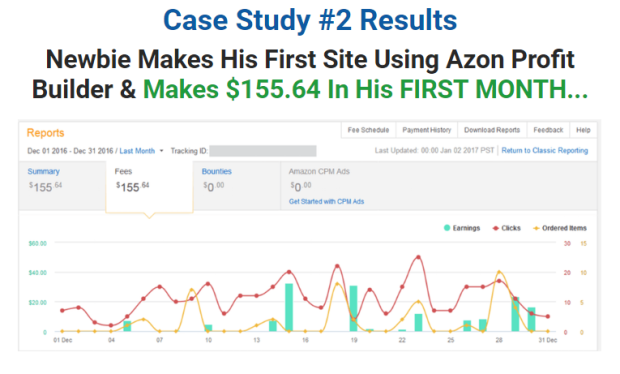LINKS MARKED * ARE AFFILIATE LINKS.
In our day to day lives there are some types of insurance that we are required to hold by governmental law. If you drive a car for example you are required to hold at least the minimum third party motor insurance policy. There are other types of insurance that we are not legally required to hold such as life insurance, though many choose to hold it to protect their loved ones were the worst to happen. When it comes to home insurance though, things get a little confusing. Although governmental law does not require that a home owner holds a home insurance policy, you may still have a legal responsibility to adequately insure your home.
Do You Own Your Home?
When reading the question above, many homeowners throughout the UK will instantly answer ‘Yes I own my own home!’ but do you really? The truth is that only a small percentage of owner occupiers in the UK actually own their home outright, the majority of people co-own their home with their mortgage lender. As your mortgage lender has a vested financial interest in your property they also have a legal right to ensure that your home as a structural building is adequately insured. This legal right will be mentioned in the terms and conditions of your mortgage agreement.
Do I Need Buildings Insurance, Contents Insurance or Both?
Due to the recent rise in the cost of insuring a home, when comparing home insurance quotes online using sites like Confused.com*, many people wonder if they need to take out a joint buildings and contents policy or whether they could get away with insuring just one of the two. If you’re a homeowner with a mortgage you will be required to at least take out an adequate buildings insurance policy. Whether you also choose to insure your contents is up to you but I personally feel that contents insurance is vitally important for both homeowners and tenants, which leads us to our next heading.
I’m a Tenant, Do I Still Need Home Insurance?
I often wonder how many people in rented accommodation have wasted money on buildings insurance over the years. If you live in rented accommodation it is usually the responsibility of your landlord to take care of the buildings part of a home insurance policy, as a tenant you will not normally have to pay out for buildings insurance. It is still your responsibility to arrange adequate insurance for your contents though. Premiums for contents insurance vary dramatically so it’s worth taking the time to shop around and find the best contents insurance quotes.
Will My Mortgage Lender Know If I Cancel My Policy?
If you’re facing financial difficulty and have considered cancelling your home insurance policy to save money, I’d urge you to think again. Many people think that their mortgage company will never find out if they cancel their home insurance policy or that their lender will be powerless to take action if they were to find out. Unfortunately though, this is not the case.
At some point when taking out your mortgage you will have been required to arrange a buildings home insurance policy. When you arranged that policy your mortgage lender will have been named on the policy as having a financial interest in the property. If the policy were to be cancelled your insurer has a legal responsibility to inform your mortgage lender so that they can take action to remedy the situation. What action?
What Action Can A Mortgage Lender Take?
As part of your mortgage agreement your lender will have the legal right to set up a buildings insurance policy on your behalf and charge you for the cover. They may also charge an admin fee for setting up the policy and the premium you pay for the new home insurance policy is unlikely to be as competitive as the ones you might find on a comparison site.
Although home insurance is getting more expensive by the year, it’s also a necessary requirement for homeowners. Home insurance may not be required by governmental law but if you have an outstanding mortgage on your property you are legally required to maintain adequate buildings insurance and lenders have the power to take matters into their own hands if you make the decision to cancel your home insurance policy, often at a great expense to you.
